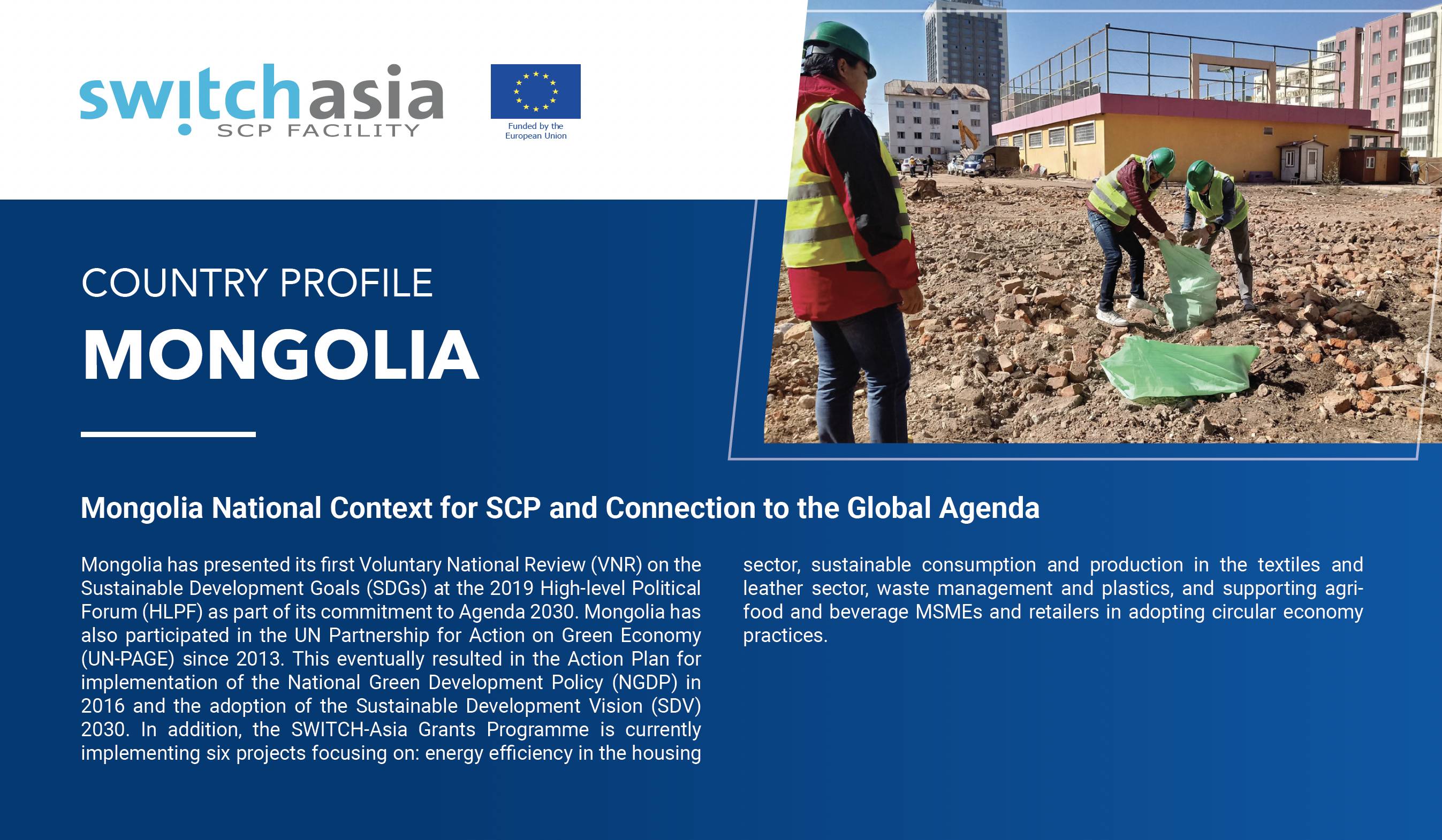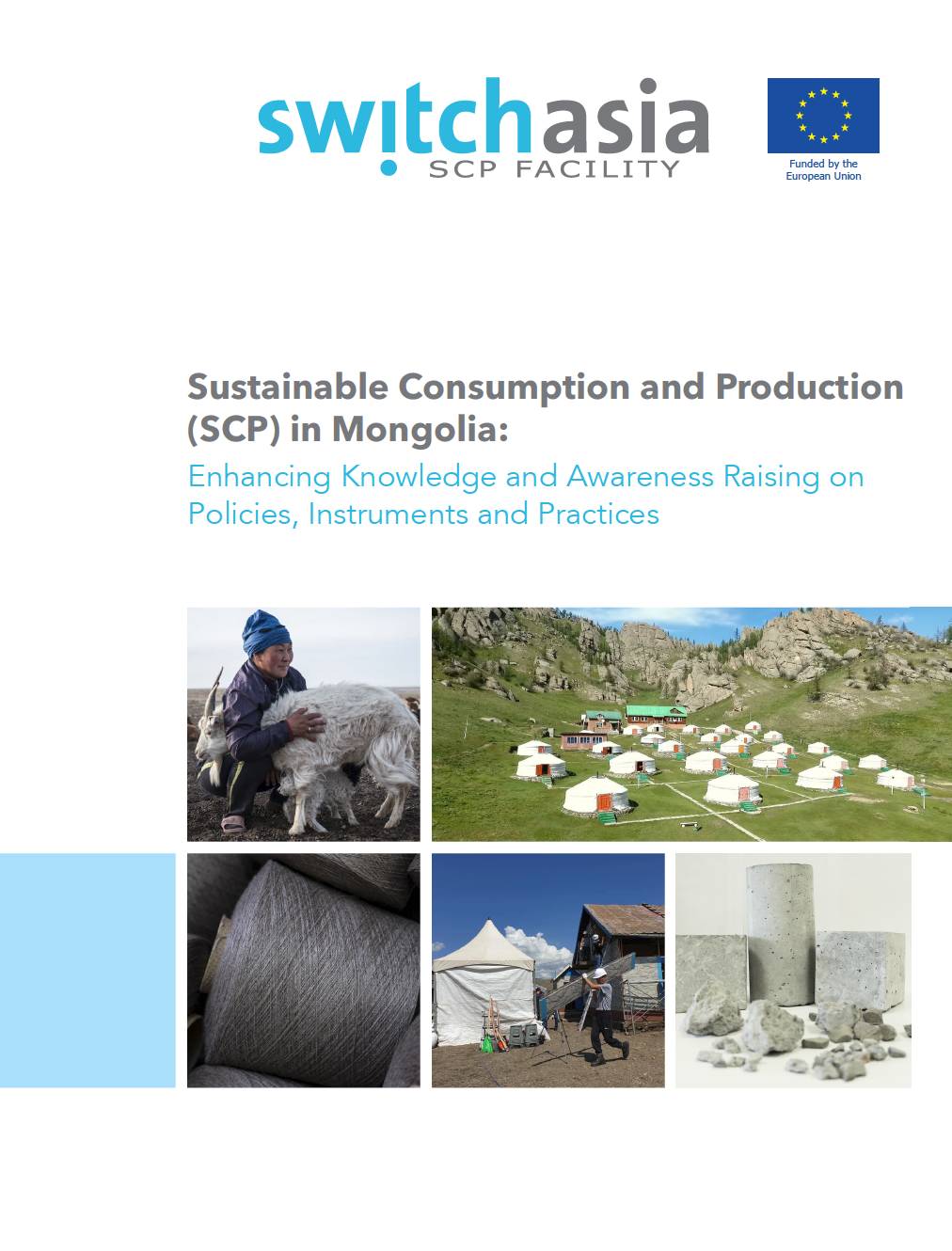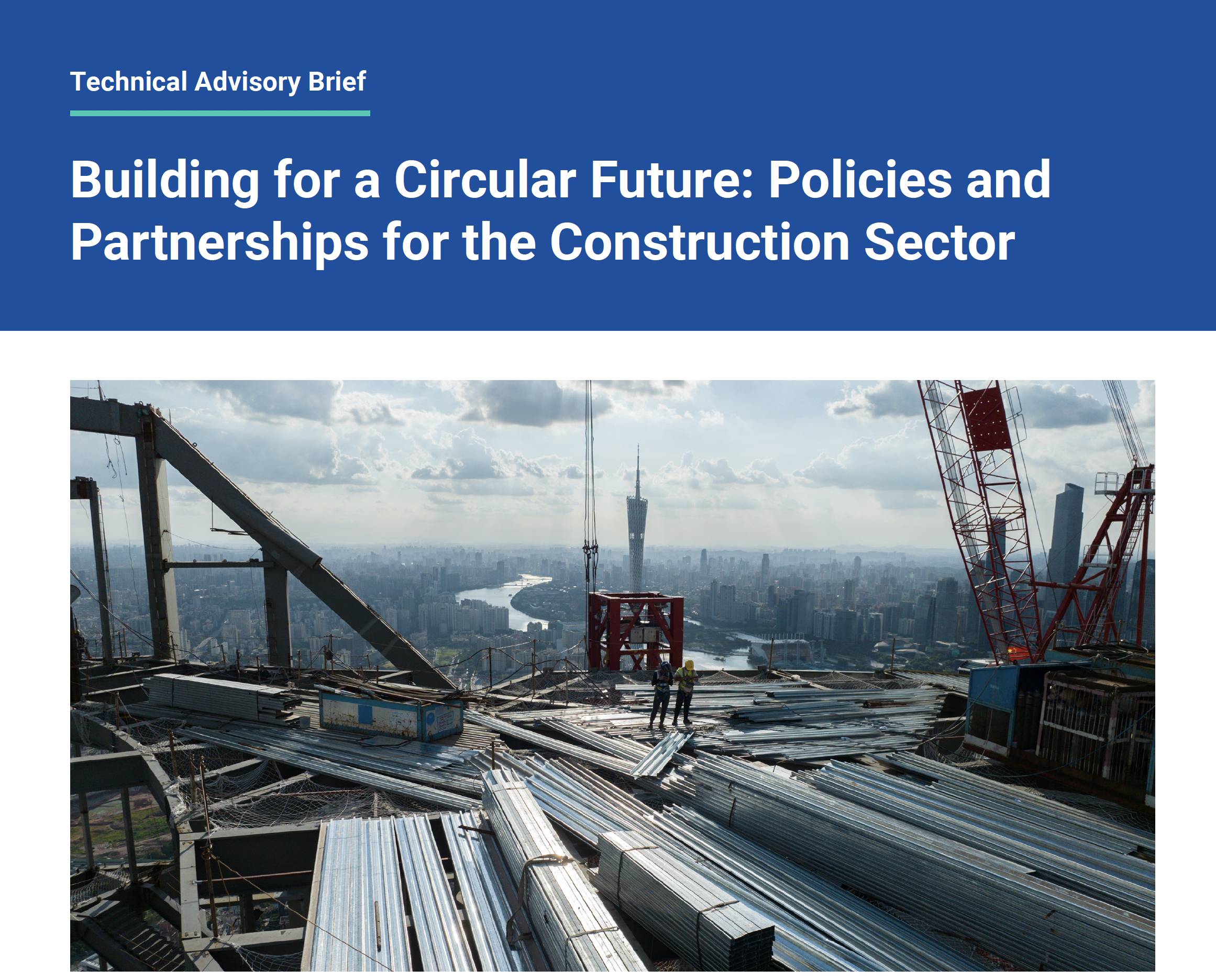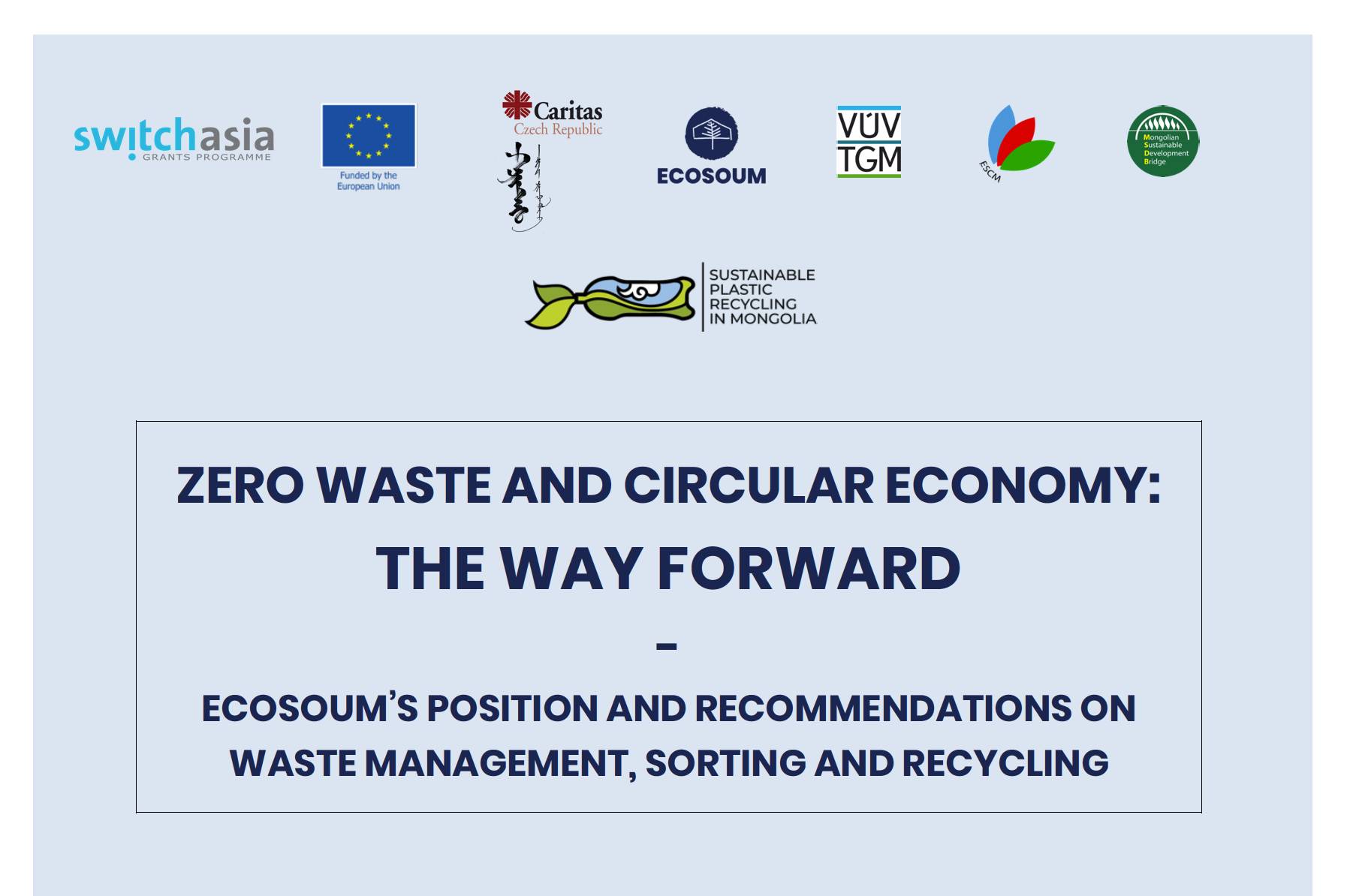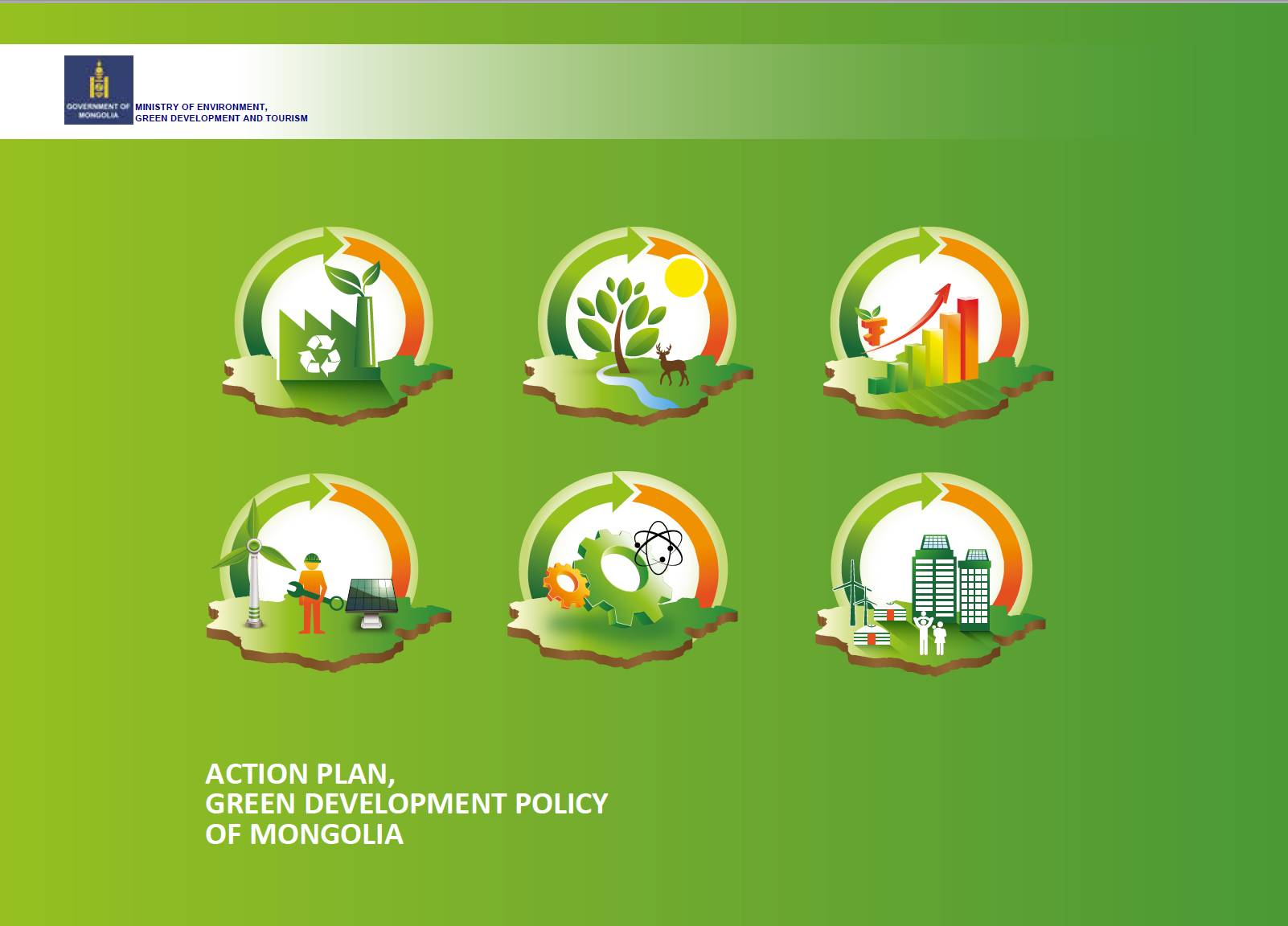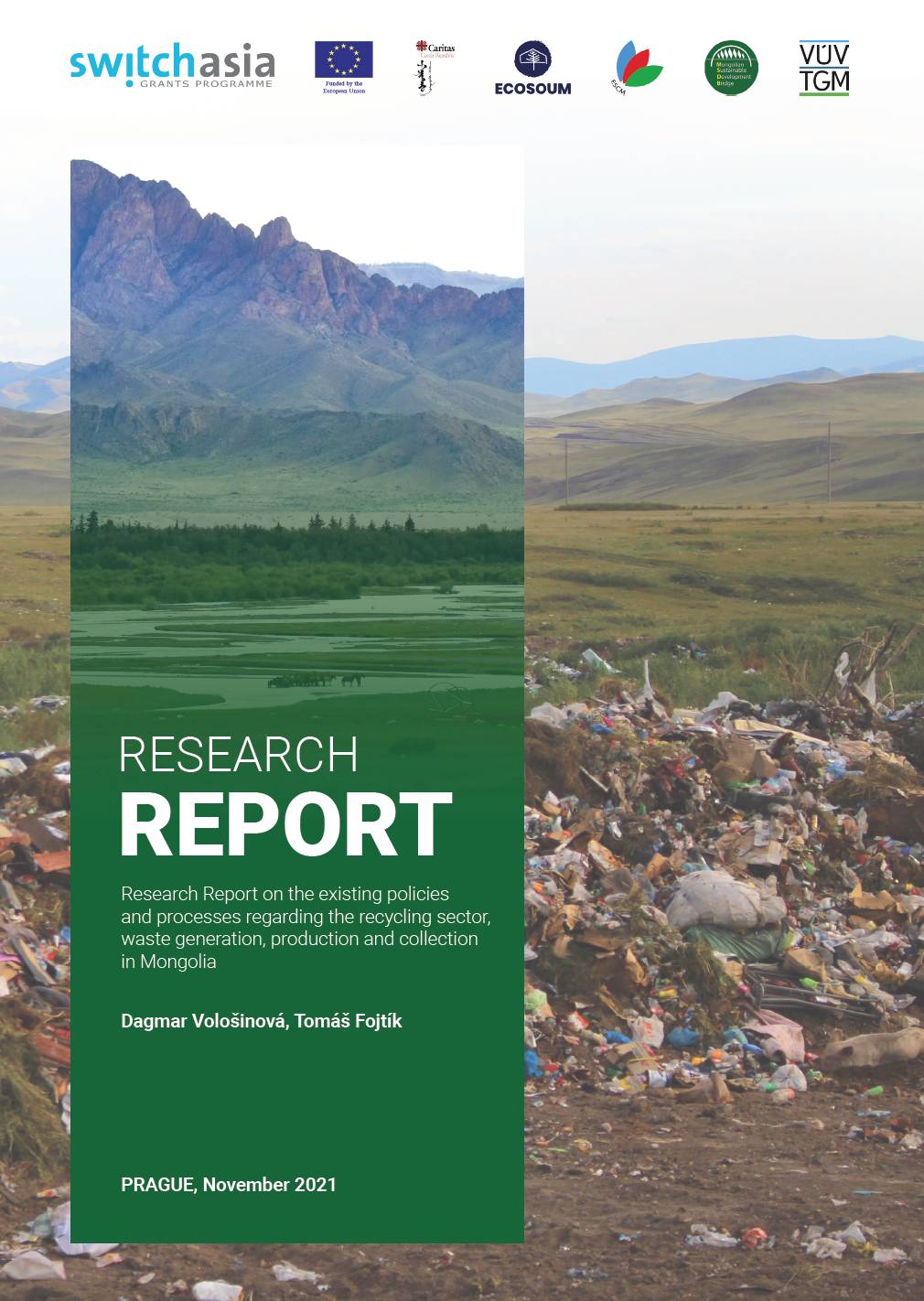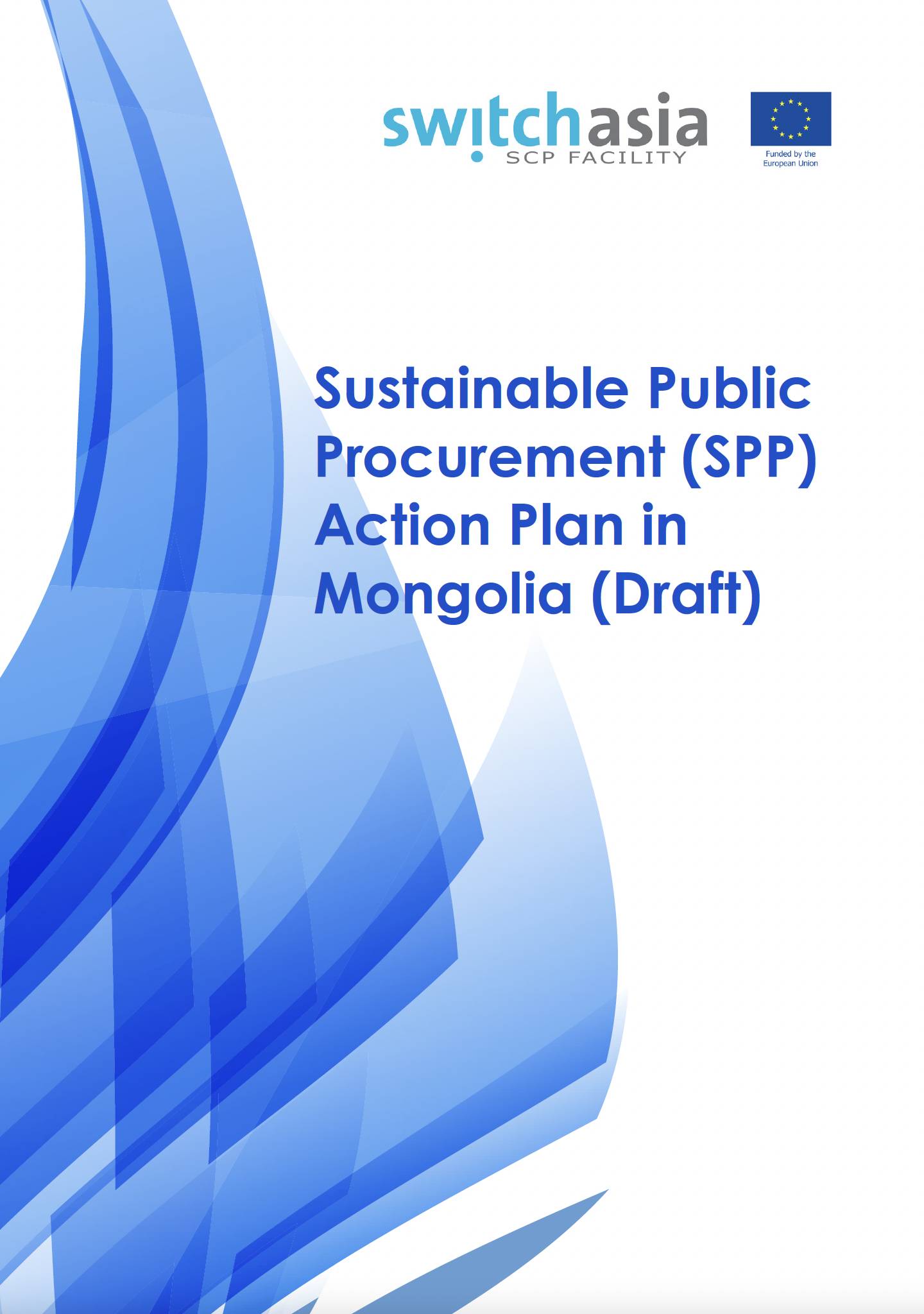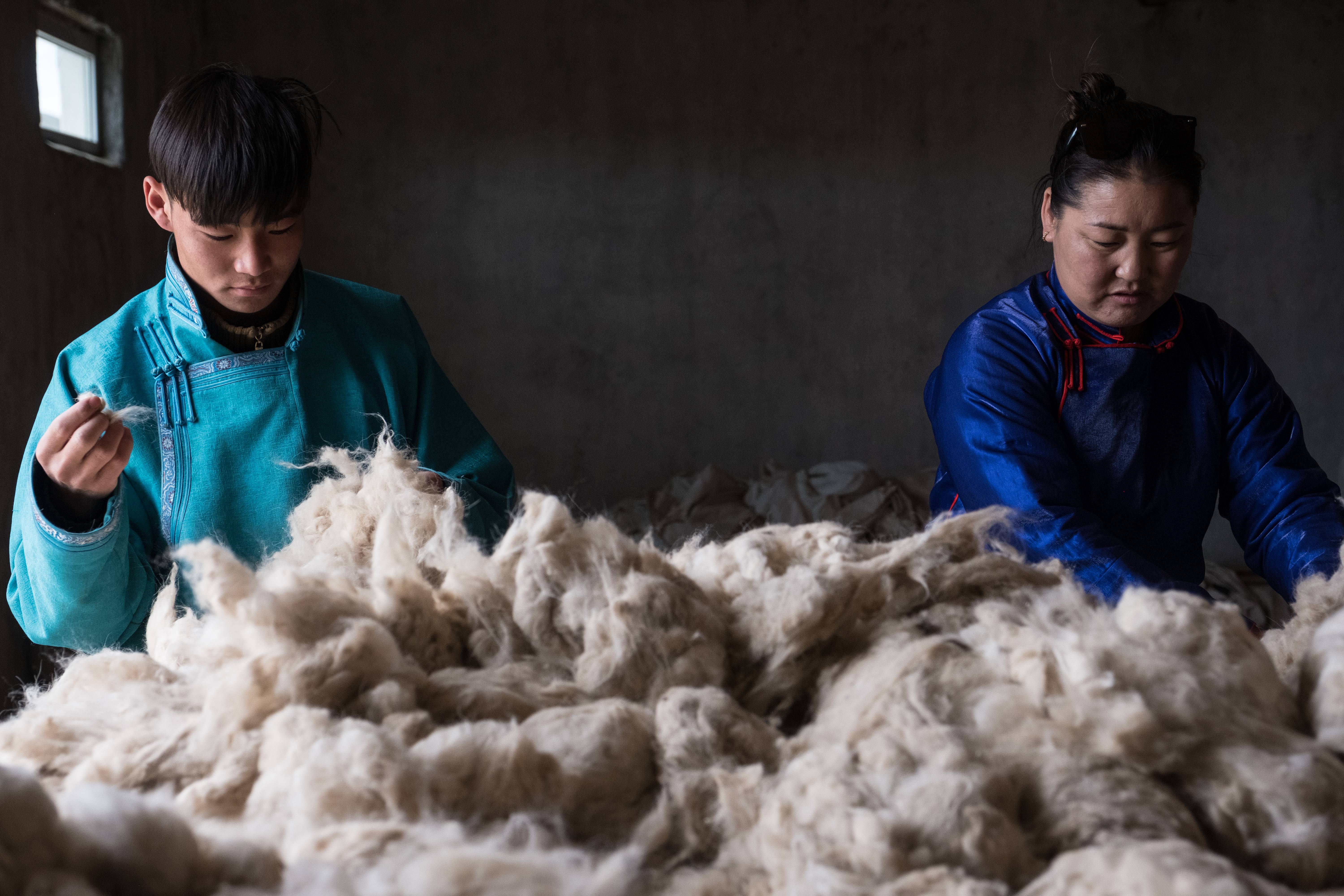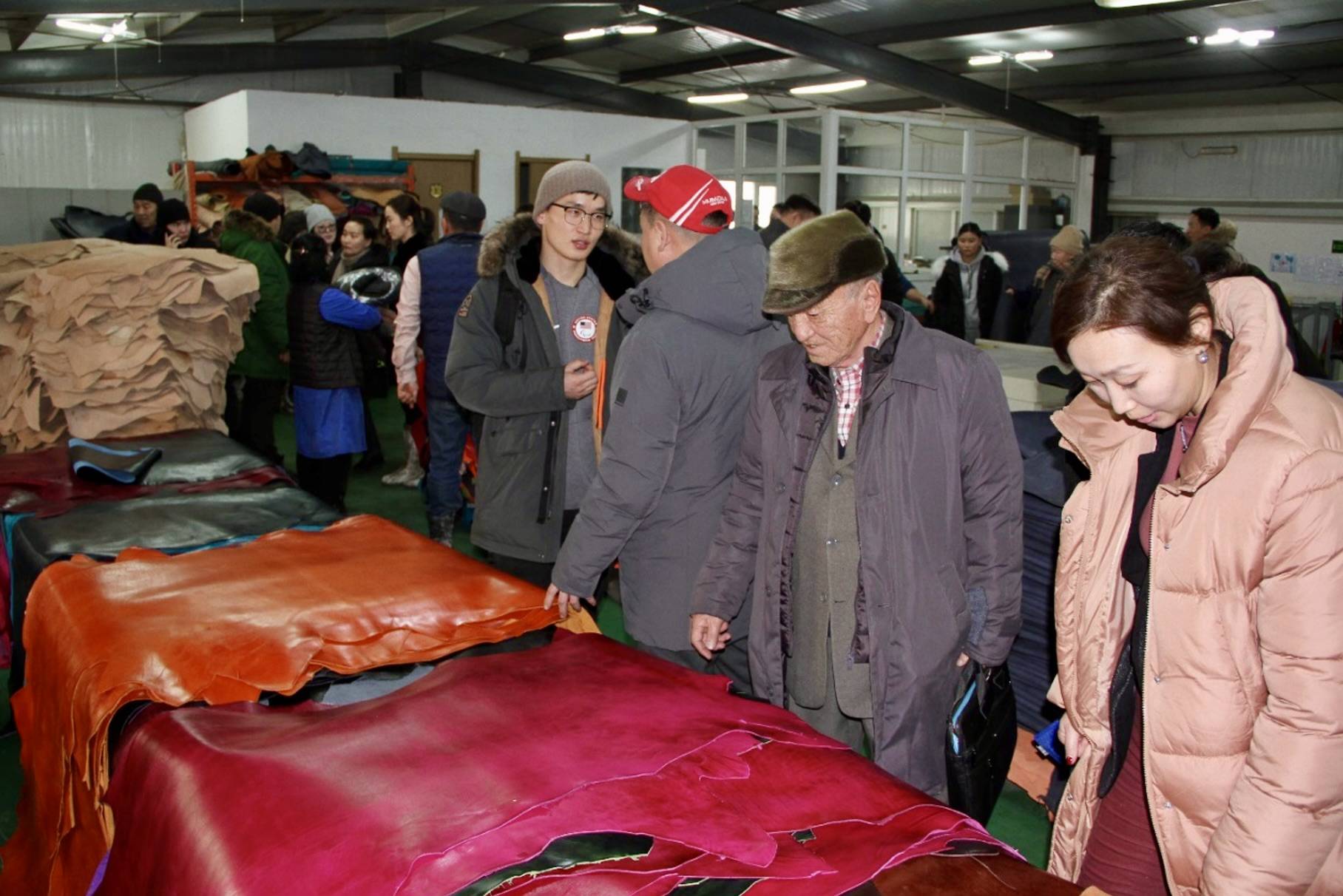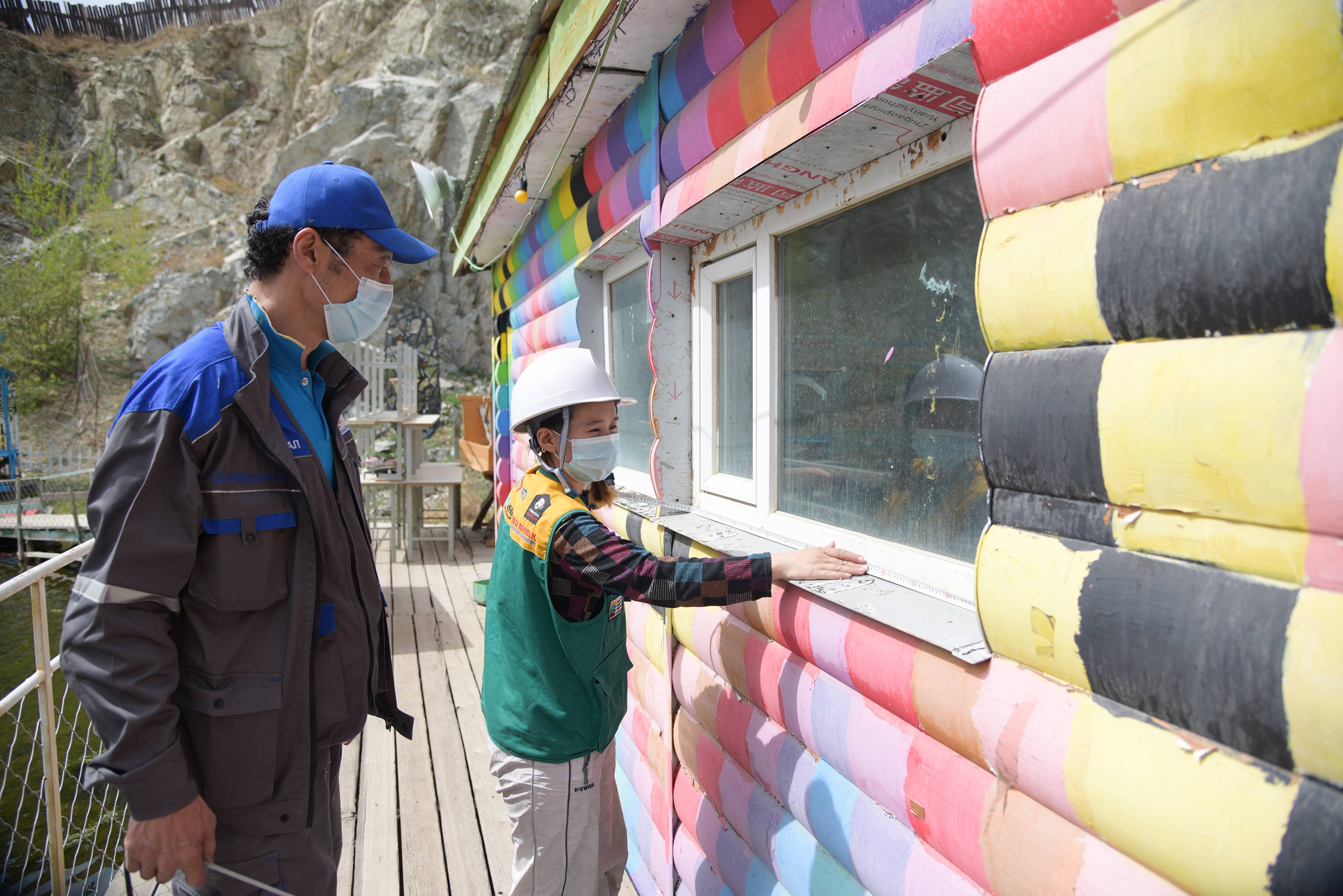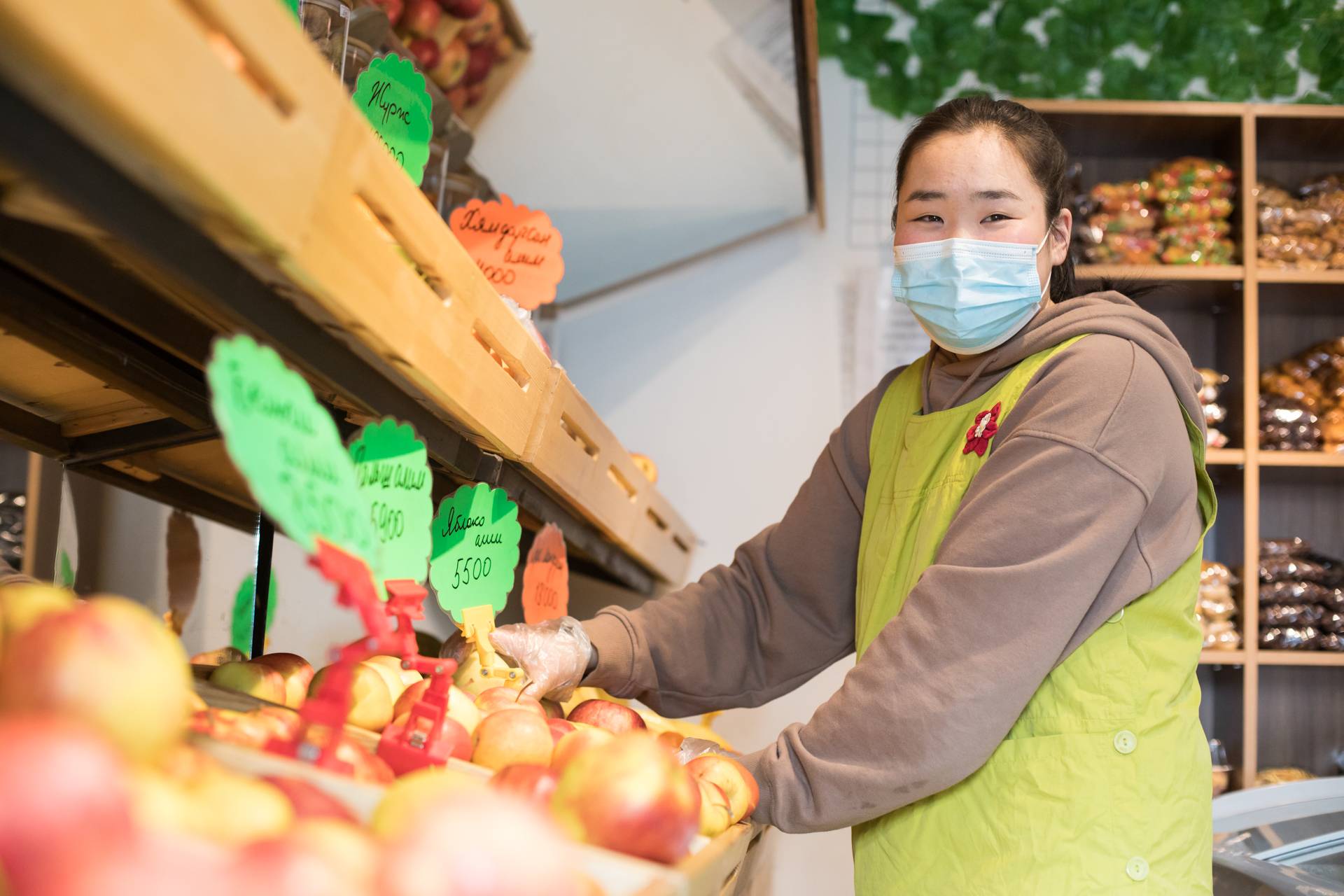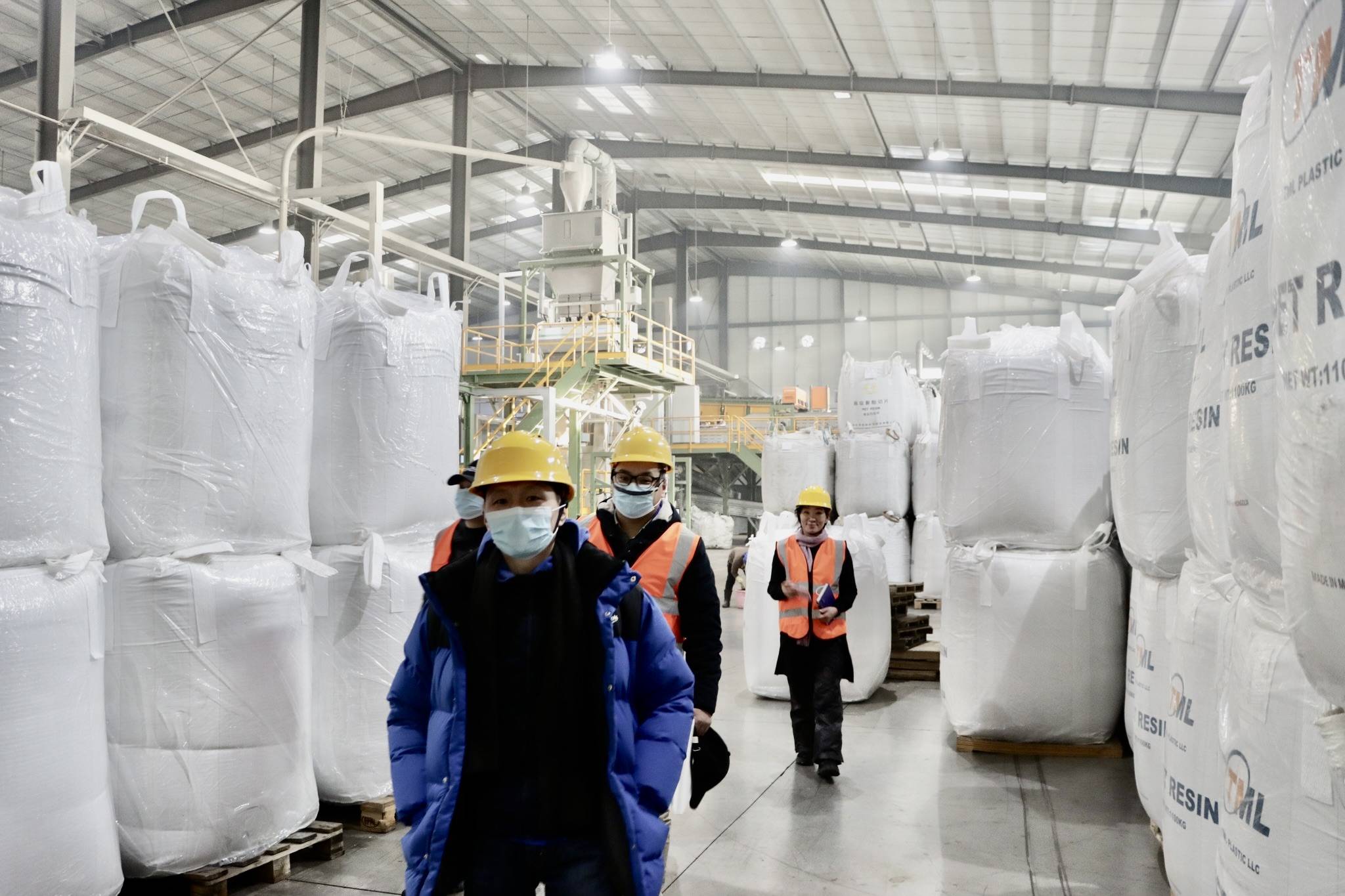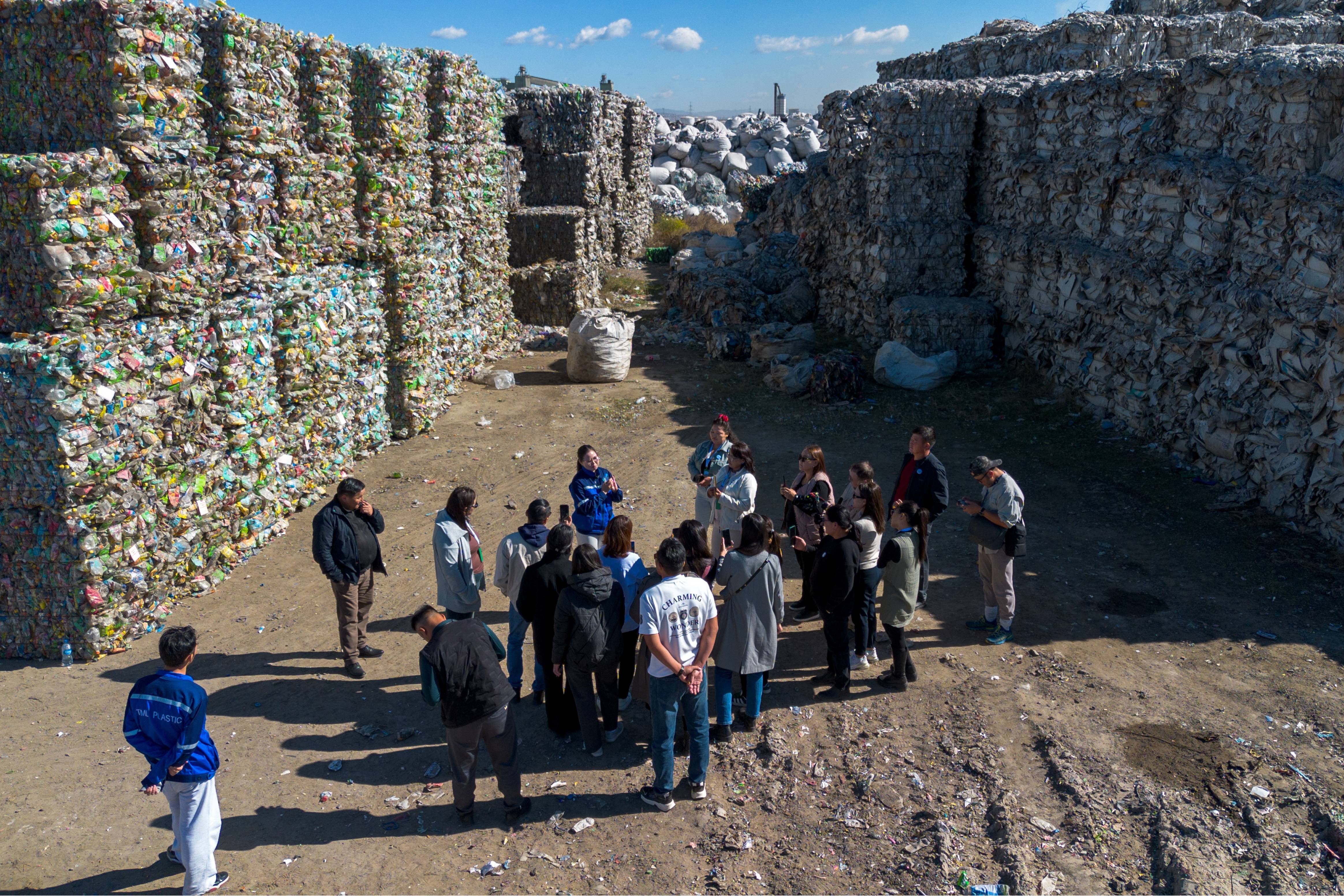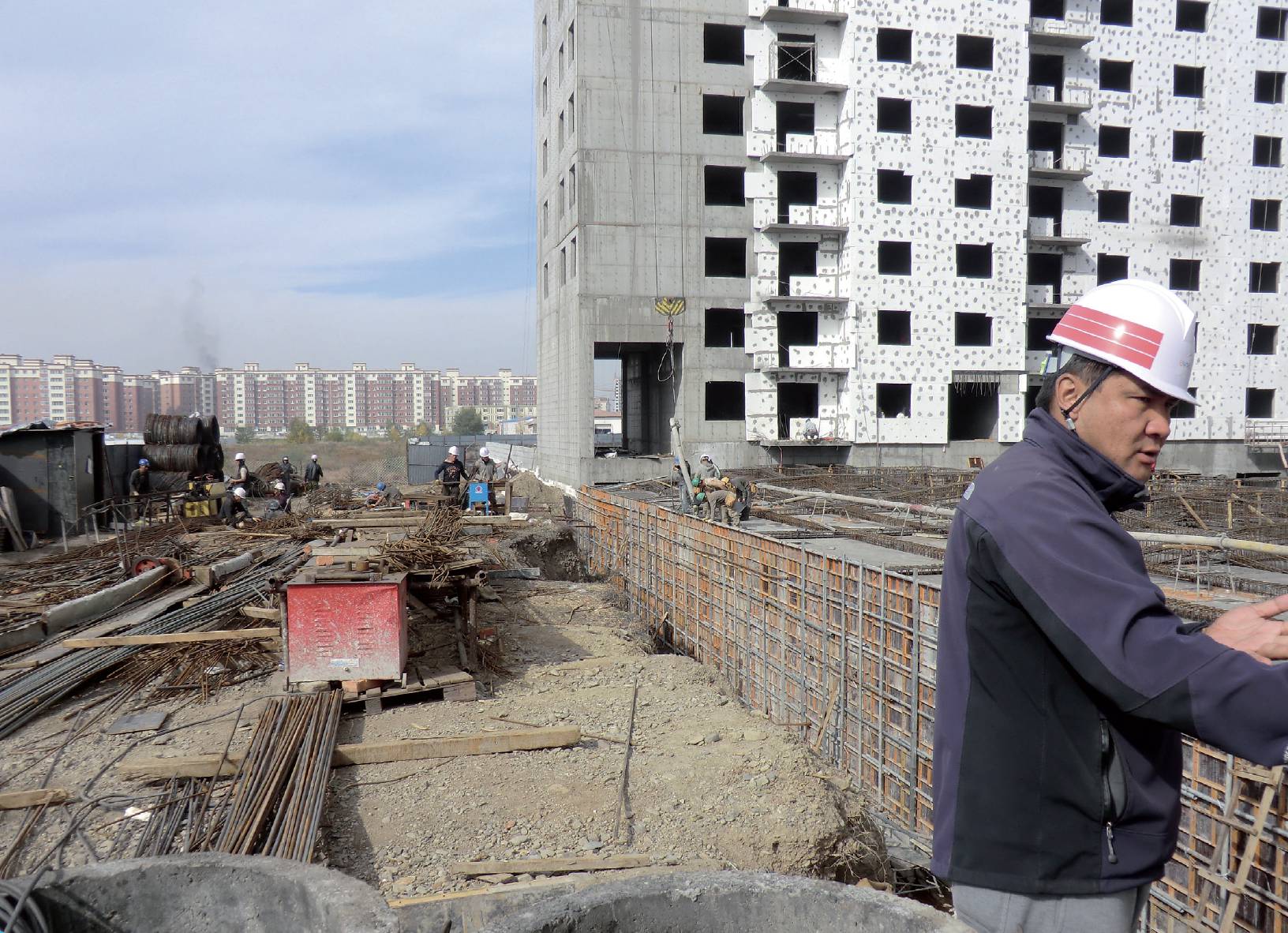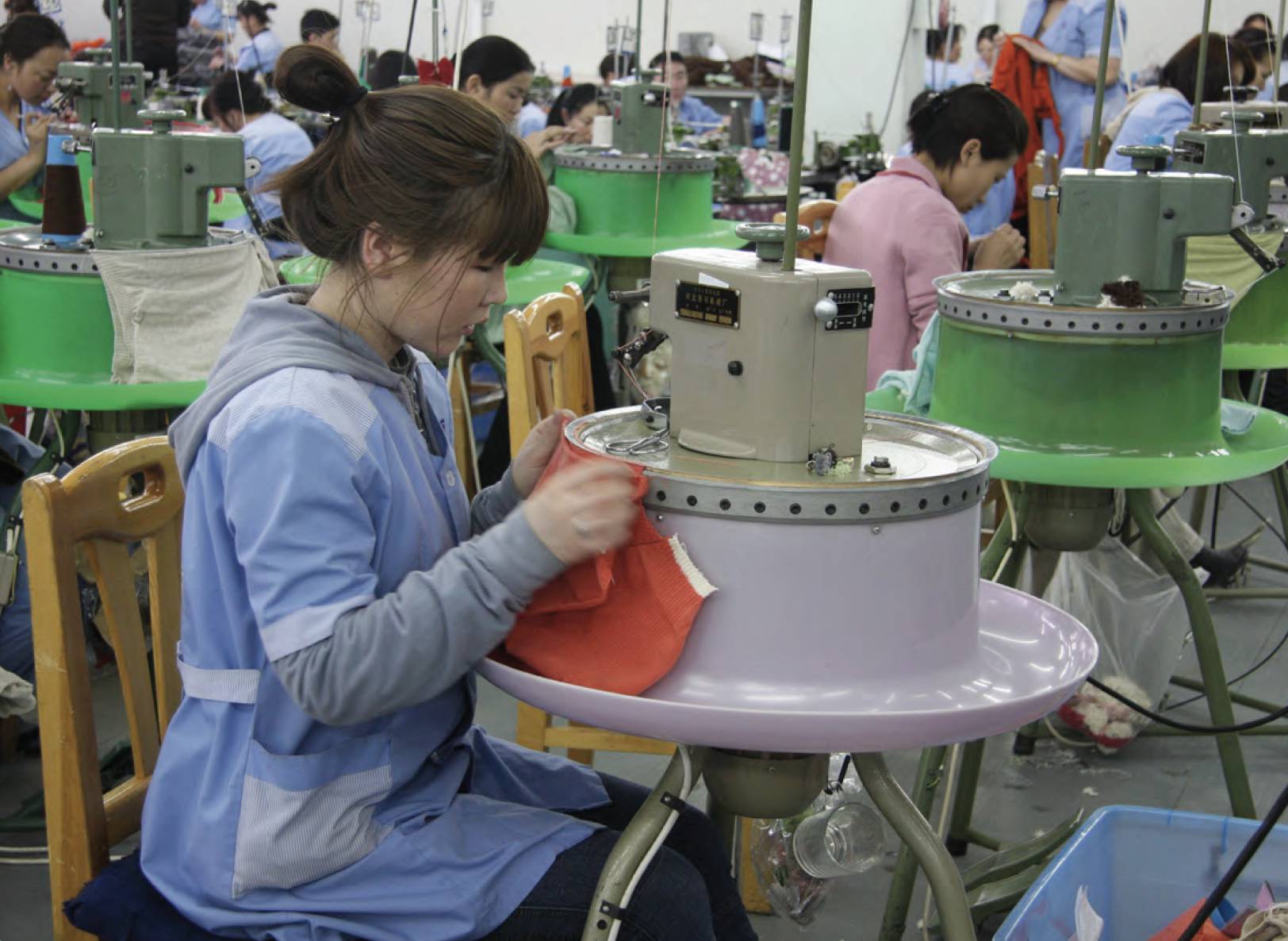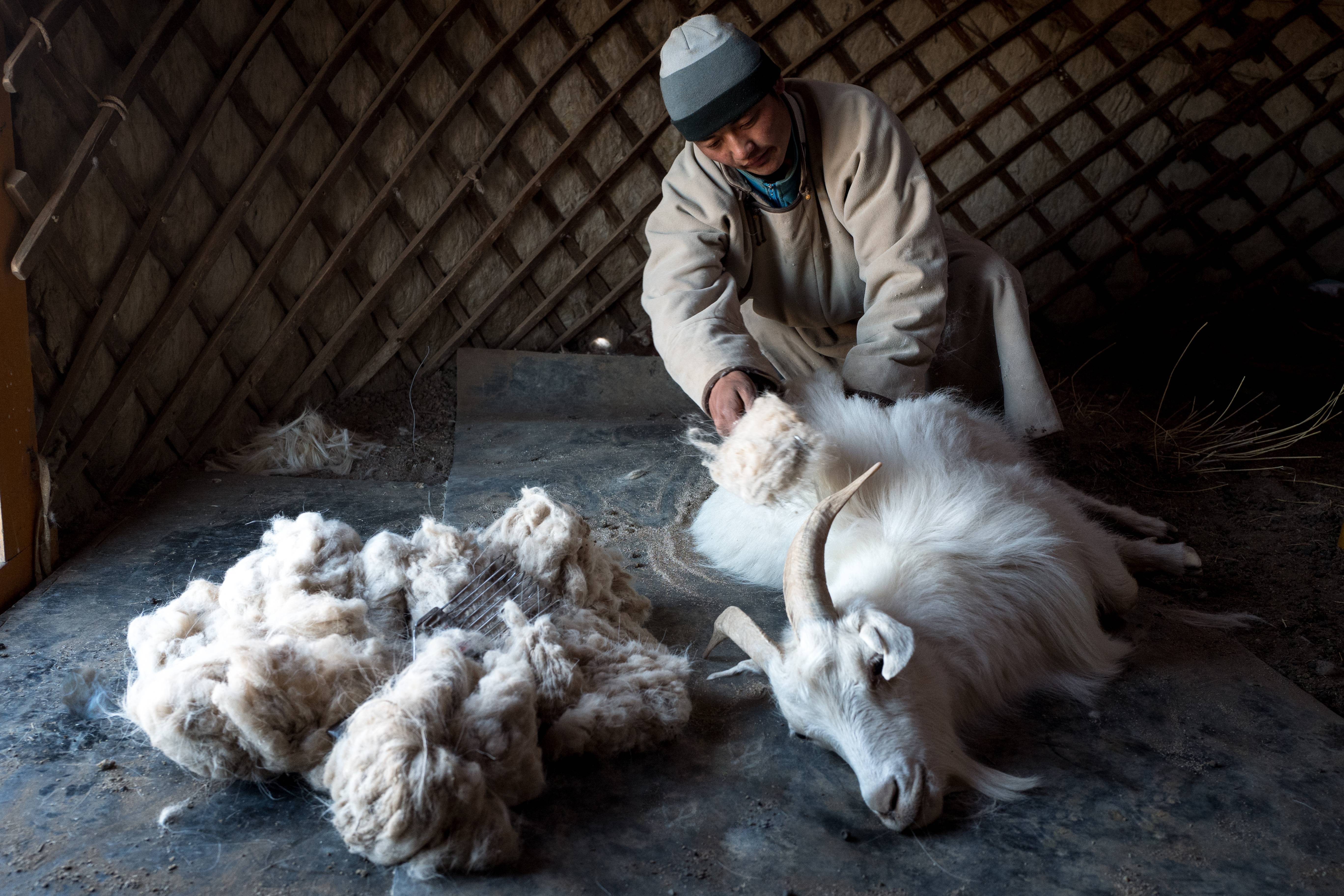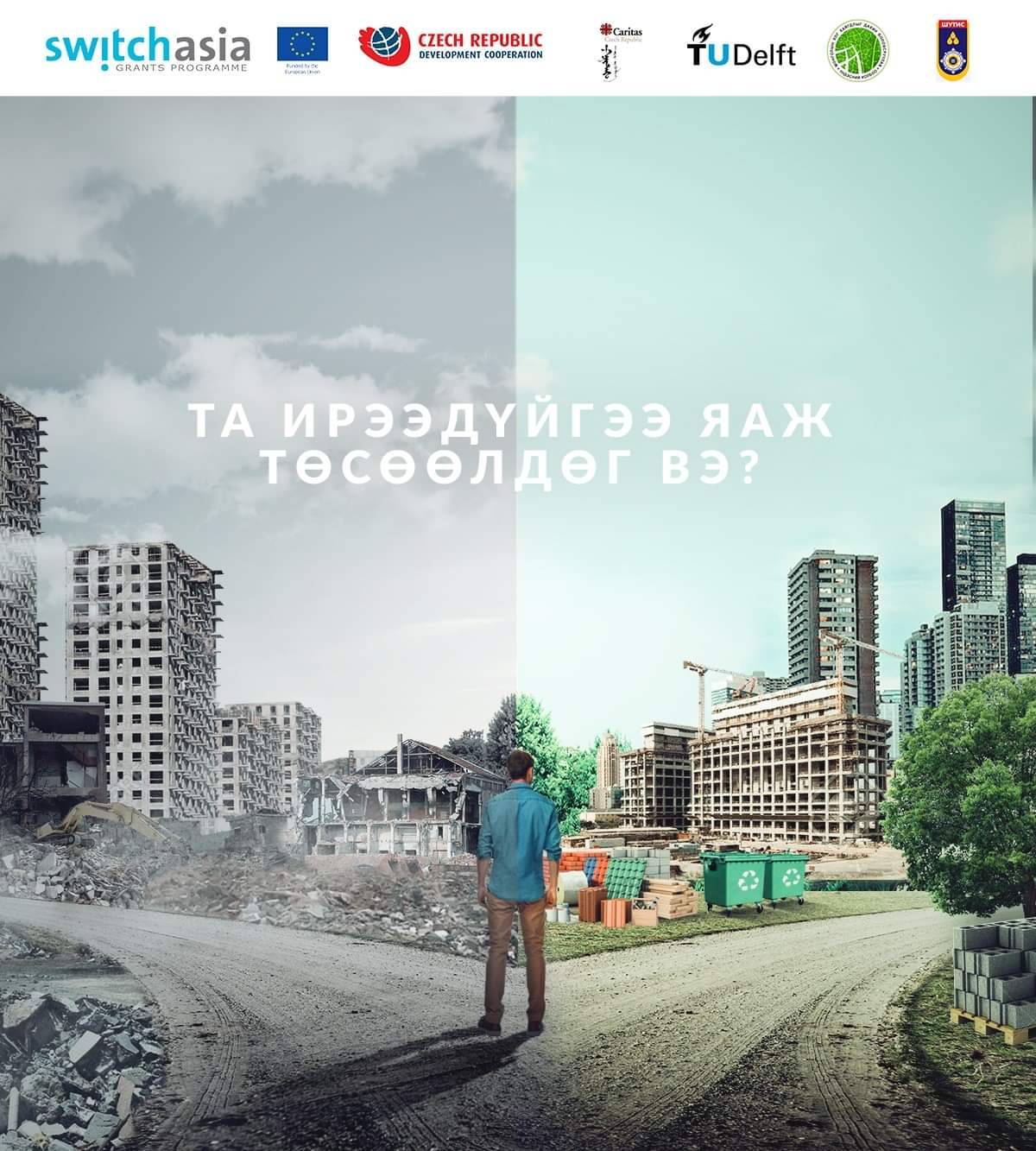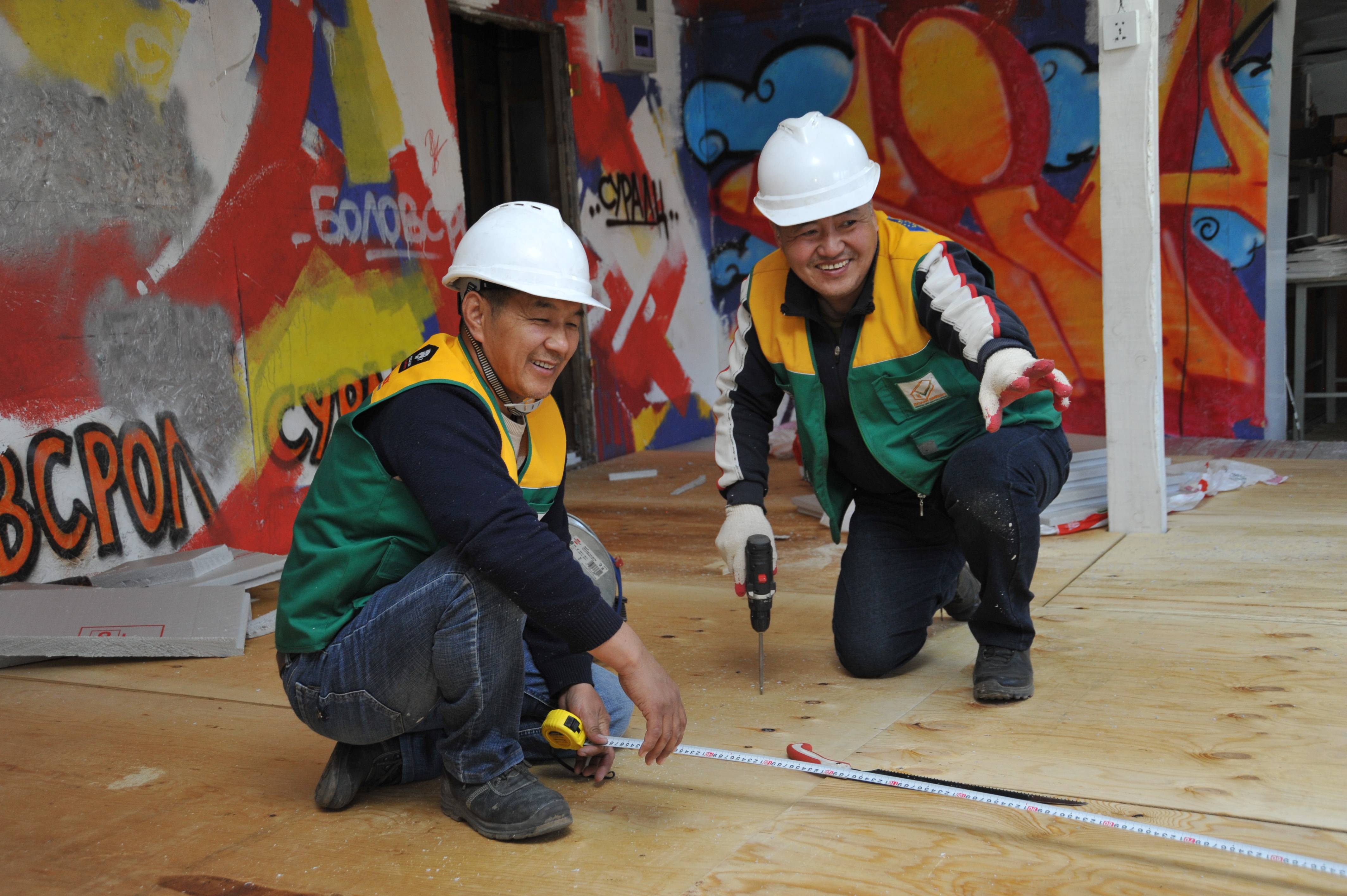
SCP Context
Mongolia National Context for SCP and Connection to the Global Agenda
Mongolia is set to present its first Voluntary National Review (VNR) on the Sustainable Development Goals (SDGs) at the 2019 High-level Political Forum (HLPF) as part of its commitment to Agenda 2030. Mongolia has also participated in the UN Partnership for Action on Green Economy (UN-PAGE) since 2013. This eventually resulted in the Action Plan for implementation of the National Green Development Policy (NGDP) in 2016 and the adoption of the Sustainable Development Vision (SDV) 2030. In addition, the SWITCH-Asia Grants Programme previously implemented three projects between 2009 and 2013 while there are three more projects currently operating: STeP EcoLab, focusing on sustainable consumption and production in textiles; SWITCH Off Air Pollution, covering energy efficiency in the individual housing sector; and Recycling Building Materials, which enables SMEs to switch to resource efficient practices.
Challenges
- Lack of continued mainstreaming in other development policies has hindered effective implementation of SCP-related policies.
- Mongolia’s wealth in minerals and metal ores has resulted in the growth of its national economy being linked to the unsustainable extractive sector, putting pressure on the country to find more sustainable industries.
- Resource efficiency is among the region’s lowest with 17 kilograms per USD versus a regional average of 3 kilograms per USD.
- Public awareness of both environmental and financial advantages of resource and energy efficient improvements remains low while household access to finance also makes adoption of new technology difficult.
Priorities
In addition to responding to the challenges, there are key sectors and activities that will promote overall effectiveness of SCP efforts and the long-term success of the SDG implementation including:
- Mongolia’s efficient use and sustainable management of natural resources has been recognized as a priority, especially as it relates to scarce resources such as water, which also faces pollution threats from intensive industrialization and mining.
- Renewable energy and energy efficiency, particularly through the adoption of new technology, are important as industry expands and energy use increases, which will also have an effect on emissions.
- Waste management improvements and waste reduction are both the objectives of Mongolia’s National Development Policy based on the Sustainable Development Goals.
- Sustainable and intensification agriculture practices are a national priority as modern, efficient food and agricultural systems can substantially increase production and competitiveness, resulting in improved rural livelihoods and long-term sustainability.
- Sustainable tourism has become increasingly important as Mongolia’s tourism industry develops and has become clear that products and services that meet higher environmental standards improve its capacity to welcome tourists.
- In addition to other benefits, the NGDP determined Sustainable Public Procurement (SPP) to be an effective economic instrument to achieve green development along with other instruments such as tax and incentives.
- Other priorities include Green urban building, manufacturing and eco-labelling.
Opportunities
- SWITCH-Asia SCP Facility can support and strengthen the Millennium Development Goals-based Comprehensive National Development Strategy of Mongolia (2007-2021 NDS) and the National Green Development Policy (NGDP).
- SWITCH-Asia SCP Facility can also facilitate policy dialogues within and between the Mongolian Government SCP-related bodies as well as organisations from civil society, academia and the private sector.
- Providing technical assistance to Mongolia on SCP policy development and concentrating on key priorities such as sustainable housing, low carbon and less resource intensive production systems, alternative energy and heat supply, which will benefit from support in awareness raising, eco-innovation, sustainable public procurement and eco-labelling.
- Seeking innovative finance models to support adoption of energy efficient technologies among households and industry will help move Mongolia away from unsustainable energy sources.
SWITCH-Asia Activities
2018
SCP Facility
- Preliminary assessment of SCP related policies, activities, needs/gaps, and opportunities.
2019
SCP Facility
- A concept note with specific actions and timeline was prepared;
- Capacity building for decision and policy-makers in developing policy frameworks for SCP;
- Support the uptake of eco-innovation programmes and SCP incentives schemes targeting MSMEs.
Regional Policy Advocacy Component (RPAC)
- Participation to regional and sub-regional events.
2020-2021
SCP Facility
Collaboration with the National Focal Point and the Ministry of Environment Mongolia to implement the following activities:
- SCP Baseline Study: Sustainable Consumption and Production (SCP) in Mongolia Enhancing Knowledge and Awareness Raising on Policies, Instruments and Practices (2020) developed
- Preparation of a Guideline for the National SCP Roadmap
- Training Workshops on SCP and SPP
- Sustainable Public Procurement (SPP) Action Plan developed
- Conducted capacity building workshops on the assessment and SCP knowledge management plan, and Sustainable Public Procurement (SPP) Action Plan.
- First set of SPP criteria for three selected product groups prepared in close cooperation with concerned government agencies and stakeholders
- On greening supply chains, provide advisory services and trainings for the selected three SMEs/MSMEs to incorporate sustainability into operations and processes and prepare case study report and policy briefs
- Provided advisory services and trainings for the selected three SMEs/MSMEs to incorporate sustainability into operations and processes and prepare case study report and policy brief
2020
Regional Policy Advocacy Component (RPAC)
Facilitated the participation of Mongolian key-stakeholders in the following regional activities:
- SWITCH2Green Meeting - RPAC initiated the discussion and shared the first report in 2020. (April 2020)
- MOVING THE NEEDLE ON CLIMATE CHANGE – The event was co-organised by the UNESCAP as a part of the 2020 Virtual United Nations Responsible Business and Human Right Forum (RBHRF) (10 Jun 2020), regional level
- WORLD ENVIRONMENT DAY 2020 – A media kit was provided to call for action to promote SCP as a part of the 2020 World Environment Day (WED) celebration (5-7 Jun 2020), regional level
- Intervention in regional forum: Webinar on Sustainable Lifestyles for Plastics & Packaging Waste Management During a Pandemic COVID-19 (6 Aug 2020), regional level
- SCP in Tourism: Opportunities and Challenges with COVID-19 (8 Oct 2020), regional level
- Innovation and Connectivity through Farm to Fork (13 Nov 2020), regional level
- Sustainable Lifestyles for SCP (19 Nov 2020), regional level
- Support to Steering Committee of SWITCH-Asia – Provide support for the annual Steering Committee Meeting to review each country proposed 2021 workplan (3 Dec 2020), regional level
- Regional Policy Dialogue on Circular Cities (4 Dec 2020), regional level
- Regional Dialogue Driving Mechanisms for Eco-Design in Asia (9 Dec 2020), regional level
- Leadership Academy on Circular Economy 2020 (14-18 Dec 2020), regional level
- Webinar: Innovations & Startups (16 Dec 2020), regional level
2021
Facilitated the participation of Mongolian key-stakeholders in the following regional activities:
- Contextualising the Circular Economy for Action (4 Feb 2021), regional level
- Technology for Circular Economy: A Prologue to the 2021 SWITCH-Asia Leadership Academy (25 March 2021), regional level
- Circular Economy and Sustainable Lifestyles Course (18 May 2021), regional level


